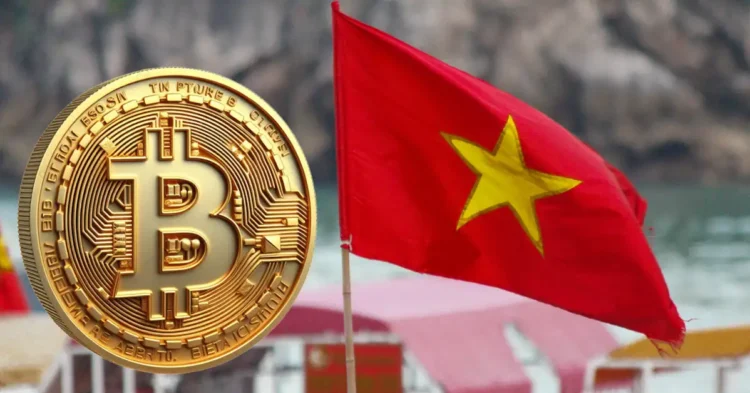Vietnam is making significant strides in establishing itself as a leader in the blockchain arena within Southeast Asia. The country’s Deputy Prime Minister, Ho Duc Phoc, has recently given the green light to the National Blockchain Strategy, a forward-thinking plan extending to 2030. This comprehensive strategy focuses on enhancing research, education, and infrastructure related to blockchain technology. So, what does the future hold for Vietnam in the blockchain landscape? Let’s delve deeper.
A Sneak Peek: Big Blockchain Push
Vietnam is setting the stage for a robust blockchain ecosystem by 2025. However, the more ambitious goal is to make a substantial impact by 2030, elevating the nation to a global leader in blockchain technology. The country’s strategy is straightforward: integrate blockchain into a variety of sectors, including finance, healthcare, and education. By embedding blockchain technology across these domains, Vietnam aims to harness the potential of this innovative technology for substantial national growth.
Vietnam Building the Base
By 2025, Vietnam envisions having blockchain research actively conducted across three national innovation centers. In addition to this, the government is setting up 10 new or upgraded facilities dedicated to training individuals in blockchain technology. Educational institutions, such as schools and colleges, are also set to incorporate blockchain into their curricula. This initiative is part of the government’s broader effort to establish a solid foundation for the future.
But the ambitions don’t stop there. Vietnam plans to integrate blockchain technology across nearly every sector of its economy. From healthcare to tourism, the potential applications of blockchain are vast and varied. By leveraging blockchain technology, Vietnam aims to position itself as a digital leader, fostering growth and innovation throughout the country.
What’s Next for Vietnam’s Blockchain Vision?
Looking towards 2030, Vietnam aspires to be a major player in the blockchain sector. The country aims to have at least 20 well-known blockchain platforms established within the region. Moreover, Vietnam plans to continuously test new blockchain ideas in key urban centers. By then, the nation also strives to rank among the top 10 blockchain research hubs in Asia.
The Vietnamese government is actively working on establishing a robust legal framework to facilitate the growth and integration of blockchain technology in public services. These efforts underscore the country’s commitment to creating an environment conducive to blockchain innovation. In the coming years, Vietnam’s focus will be on setting up the right systems and fostering opportunities for blockchain technology to thrive, ultimately solidifying its position as a blockchain powerhouse.










